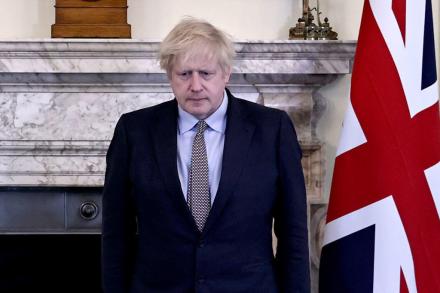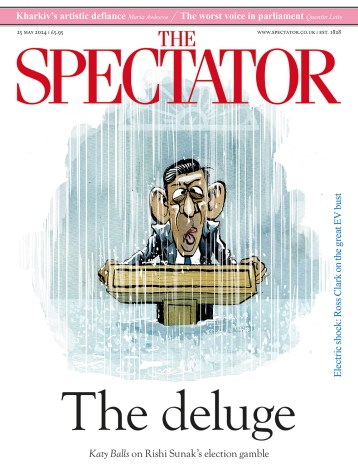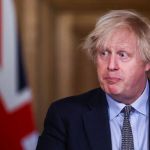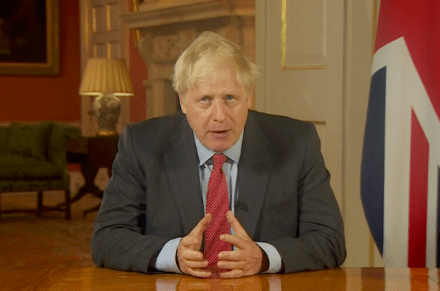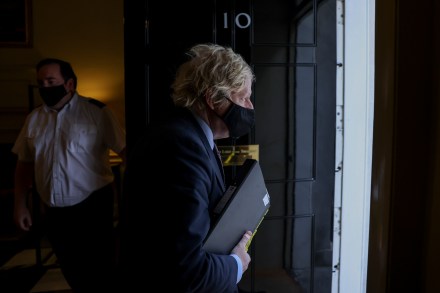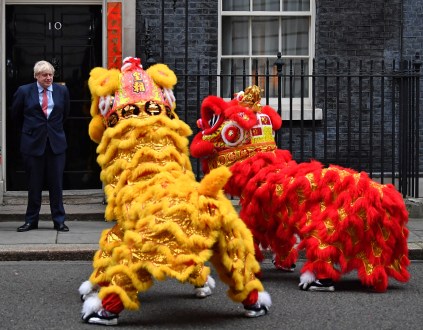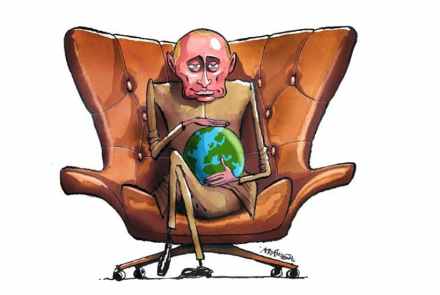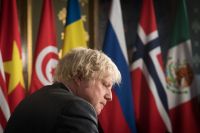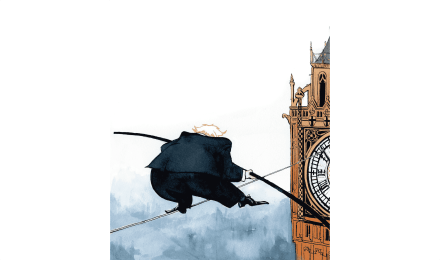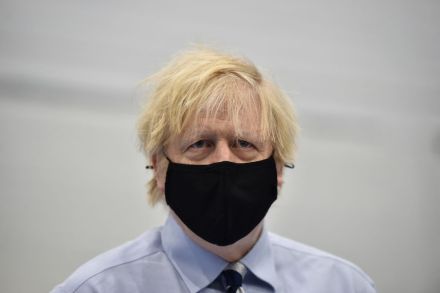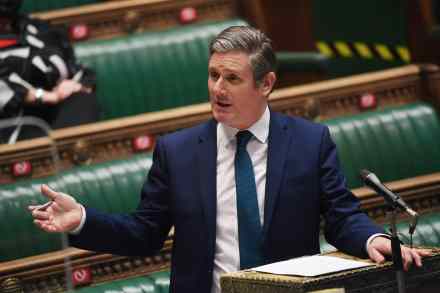Will you need a vaccine passport to go to the pub?
Boris Johnson has spent the afternoon giving evidence to the Liaison Committee made up of select committee chairs. The Prime Minister was quizzed on a range of topics from the UK’s vaccination programme to Brexit issues for the music sector. Here are five main takeaways from the session:1. Vaccine passports could be needed to go to the pub It wasn’t so long ago that ministers in Boris Johnson’s government were insisting that immunity certificates were most definitely not coming to the UK. How times have changed. Today Johnson said the ‘basic concept of vaccine certification should not be totally alien to us’. Asked whether pubs will be able to bar
